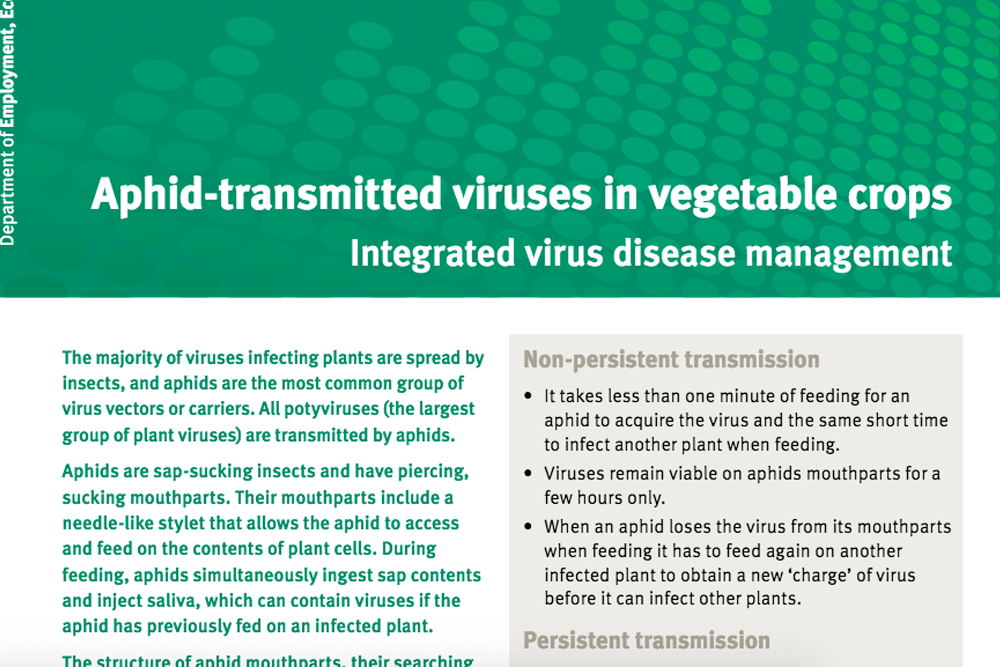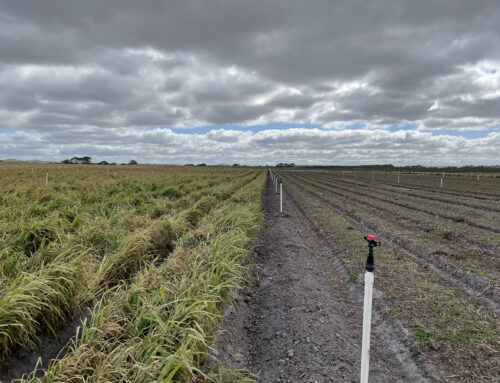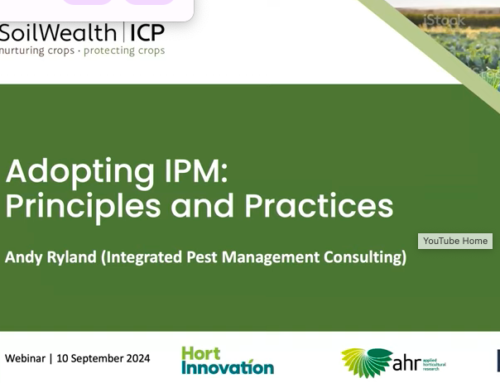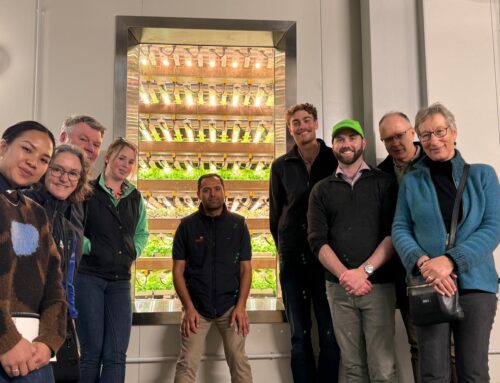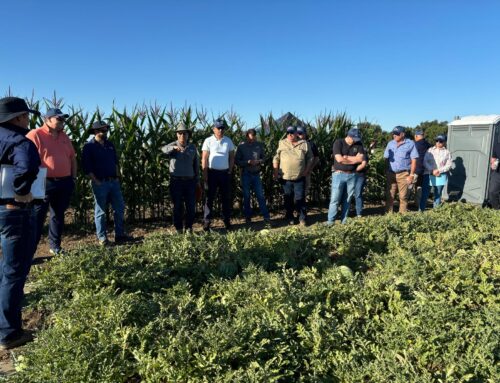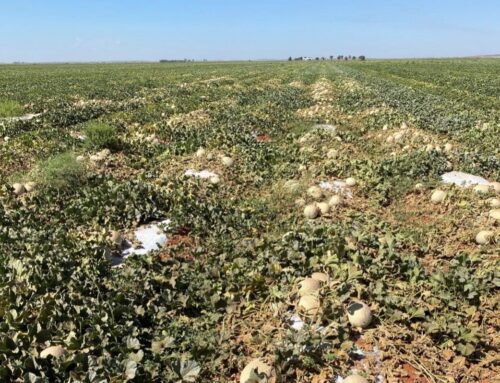The majority of viruses infecting plants are spread by insects, and aphids are the most common group of virus vectors or carriers. All potyviruses (the largest group of plant viruses) are transmitted by aphids.
Aphids are sap-sucking insects and have piercing, sucking mouthparts. Their mouthparts include a needle-like stylet that allows the aphid to access and feed on the contents of plant cells. During feeding, aphids simultaneously ingest sap contents and inject saliva, which can contain viruses if the aphid has previously fed on an infected plant.
The structure of aphid mouthparts, their searching behaviour for host plants, the range of available host plants and high reproductive rates contribute to the efficiency of aphids to act as virus carriers.

